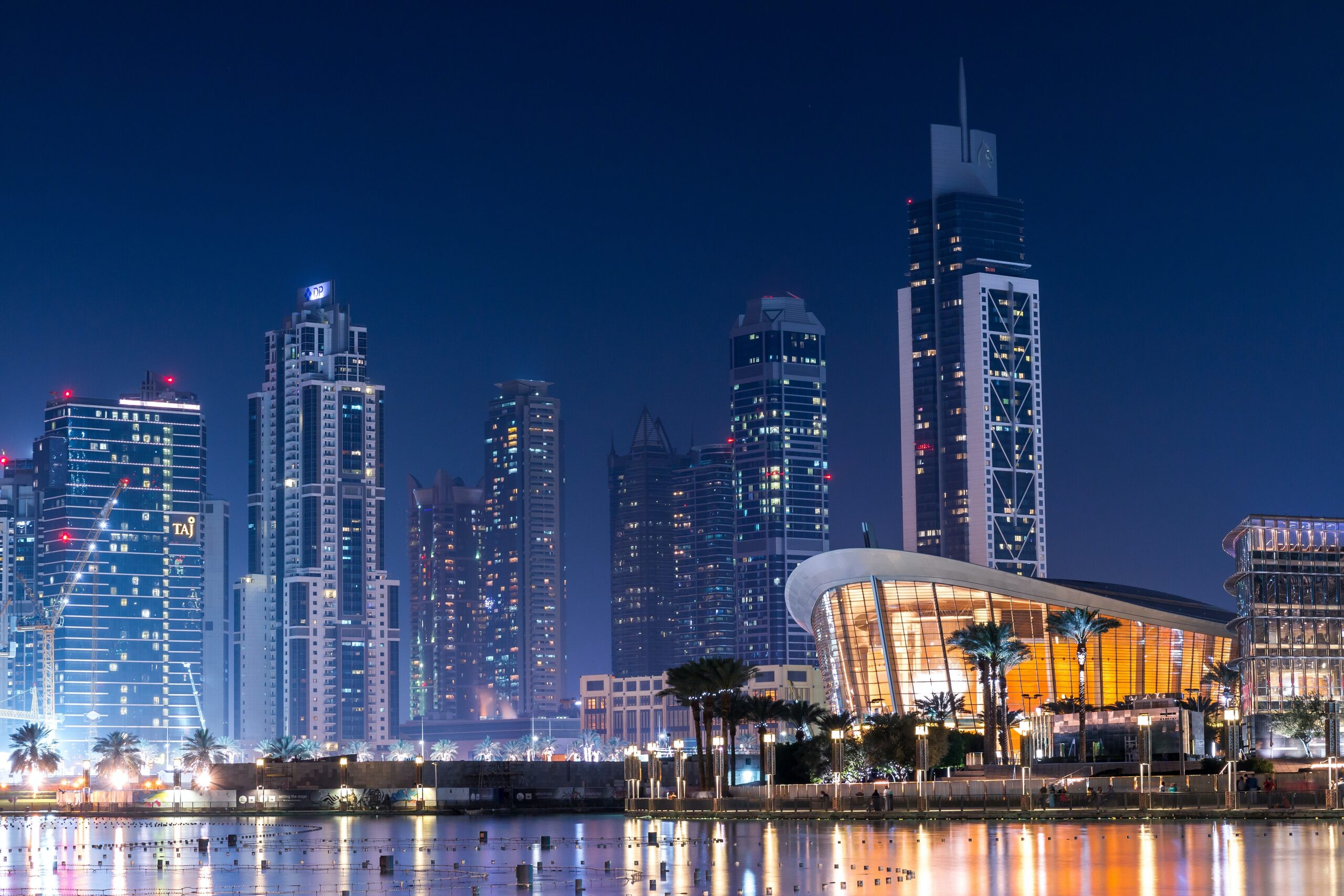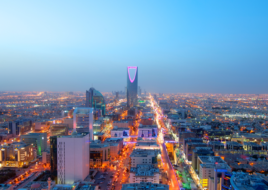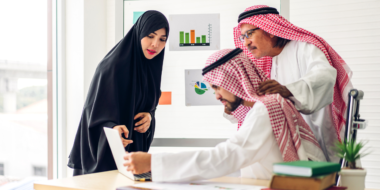
Living and working in the UAE – what to expect
Known around the world for the record-breaking architecture, traditional souqs, and brunches, the UAE undeniably has a lot to offer both socialites and culture vultures alike. However, there is a whole lot more to consider as the newest expat in town!
In October 2021, the UAE was ranked the 4th best place in the world to live and work as part of the HSBC Explorer Survey.
A world leader in innovation, humanitarian aid and technology to name a few, Dubai is ranked number 23 in the Global Cities Report, up four places from 2020, showing clearly that there are no plans to slow down.
Internationally acclaimed, UAE infrastructure is developing year on year. In 2019 the UAE was ranked 1st regionally and 25th globally in the Global Competitiveness Report 2019. Focusing on the investment in transport infrastructure, EXPO 2020 has given an unparalleled boost to the development, resulting in one of the most advanced transport systems in the world. Combine this with the number one ranking in the following categories: stable macroeconomic environment, mobile-broadband subscriptions, low inflation, debt dynamics and credit gap. It is clear to see that the UAE is pressing forward with its aim to become a world leader across the board.
Employment
The UAE job market is booming. Having recovered well in the wake of COVID-19, over 70% of companies are planning to make multiple hires in the first half of 2022 alone. Combine this with the consistent economic expansion experienced over the last 12 months and we are in a position of endless possibilities.
As part of your employment, you will be provided with a residence visa and medical insurance, have the protection of the Ministry of Labour, as well benefit from the recent overhaul in labour laws.
Between COVID-19 lockdowns and a growing awareness of the importance of mental health, work-life balance has become far more important in recent years and the UAE is no exception to ensuring that employees don’t burn out.
The recent shift to a more traditional working week (Monday – Friday, compared to the previous Sunday – Thursday) was designed to “boost productivity and improve work-life balance”. Furthermore, the recent changes in labour laws were applied to facilitate flexibility, including mutually agreeable working patterns and study leave options.
Living, Raising a Family, and Costs
Research shows that most employees feel that their employer is supportive in helping them achieve a realistic balance and that parents feel that their children are being brought up in a safe environment – enjoying cultures and experiences that would not be possible in their home countries. Maternity leave in the region has also been improved recently with paid leave being extended by 33% to provide further security for new mothers.
As detailed in the HSBC report; “most expats (86%) say their overall quality of life is better than their home country and 60% intend to stay longer for that reason”.
The UAE is one of the more mature education markets in the region and remains a draw for investors, providers and students (PWC, 2019). Governed by regulatory bodies, similar to OFSTED in the UK, international schools generally follow UK, US or IB curriculums and are rated annually on their performance. Ratings of all schools, along with approximate costs can be found here.
The UAE recovered well in the wake of COVID-19 and managed to bring life ‘back to normal’ quicker than many countries. Recording lower than average inflation rates, the UAE has seen consistent economic expansion over the past 12 months. This has, in part, led to a booming property market. With an abundance of options available, expats can tailor their location based on their needs and interests – from dog-friendly villa communities to apartment-living three steps from the beach.
Accommodation will irrefutably be your biggest expense, and although the cost of accommodation is on par with major European cities (and notably less than somewhere like New York) the main difference can be found in how rent is paid. For a fast-moving, advanced country in so many ways, it may come as a surprise to know that rent is more often than not still paid by cheque and done so (typically) in either four- or six-monthly instalments.
It is estimated that the average cost of living for a family of four (excluding gym memberships, housing, and schooling) is approximately AED 16,000 per month ($4,350). To get an accurate estimate of what your monthly outgoings could look like, check out this website – this website it covers everything from groceries to gym memberships!
The days of family packages are, while not completely in the past, far less common than they used to be and, as such, it is likely that you will need to arrange your own family sponsorship. While they might not be covering the cost of family sponsorship, your company’s HR department should be able to assist with the arrangements. It’s important to have a grasp of the process and the costs associated.
- Documents, such as birth certificates, marriage certificates, No Objection Certificates (NOC) and original passports will be required to apply for the family visas. Get them attested before you leave your home country. This is very important and will make your life much easier once you come to apply for visas.
- Family sponsorship cannot be done until the person who will be the sponsor has finalised their visa.
- Once applied for, the visa process should take no more than 7 – 10 days.
- To finalise a visa you will need medical insurance – this can be the part of the process that causes delays. Start your research early and find the policy you want as it can take a while to confirm premiums and terms of cover.
And of course, not to be forgotten: the UAE is devoid of income tax, meaning the salary you agree with your employer will be your take-home salary each month!
The UAE is dedicated to creating a welcoming place for expats and locals to live alongside each other. From the introduction of the Happiness Center in 2011 to Dubai being crowned the third safest city in the world for solo female travellers in 2021, the government and residents alike take pride in their city and do all they can to improve and be the best in the world.
Download our guide to living and working in the UAE by filling in the form below:


